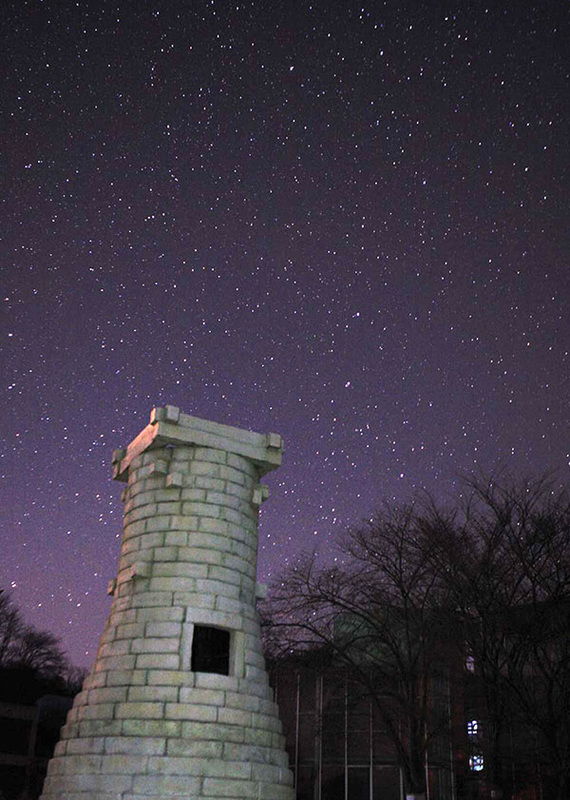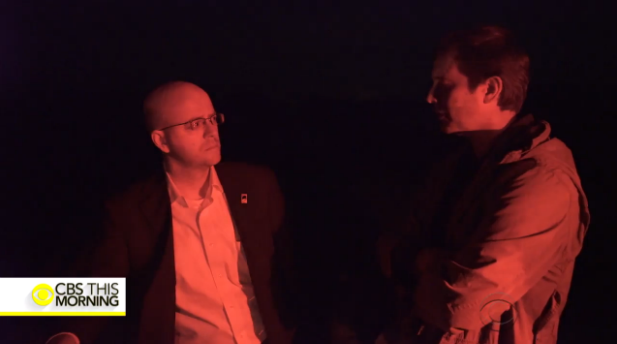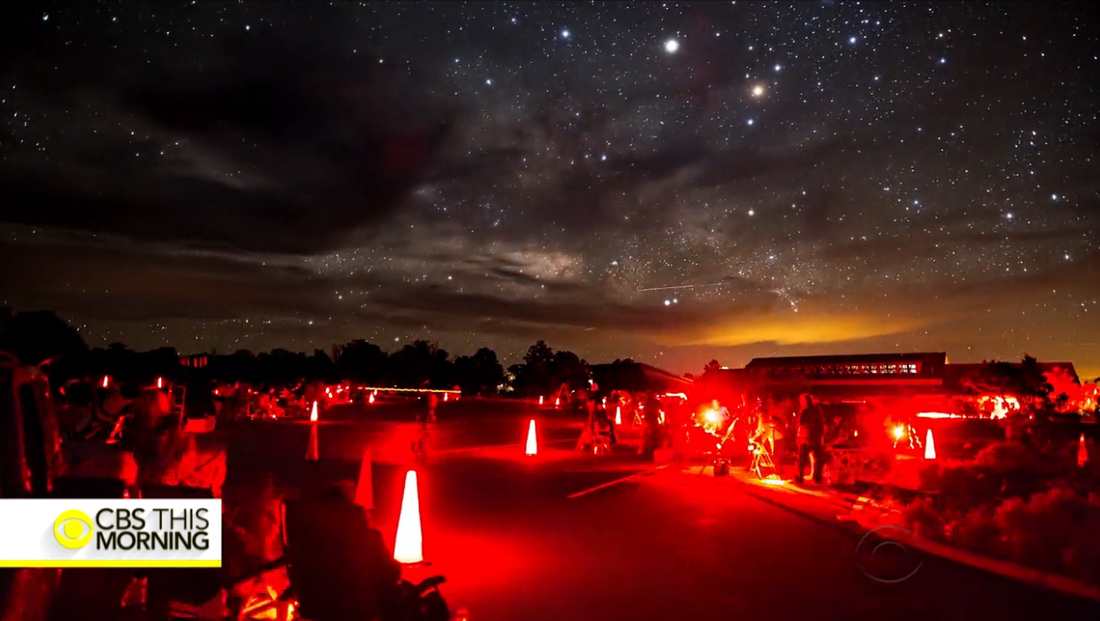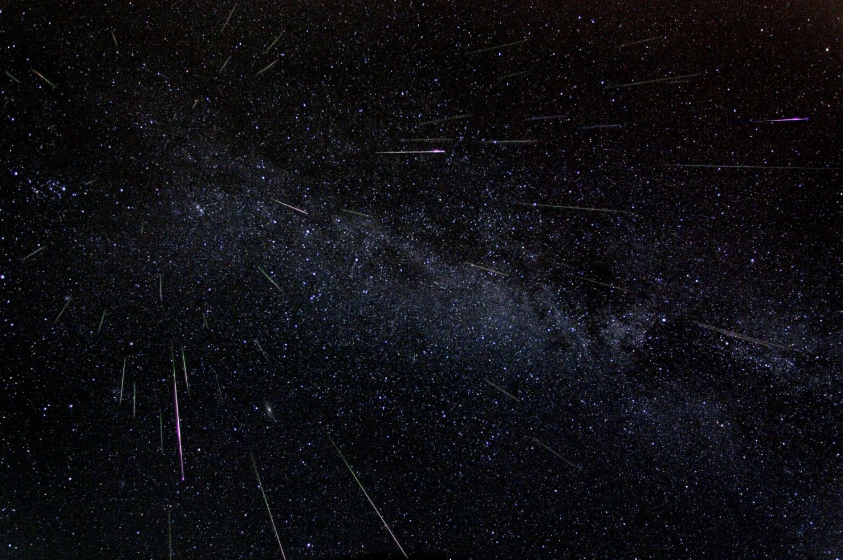Bright times for dark skies
Read more: http://www.ft.com/cms/s/0/0dfcad38-5f46-11e6-ae3f-77baadeb1c93.html
1 Comment
Why Grand Canyon's new distinction is "life-changing" for stargazers
Want to see the Perseids? These are the best places to see meteors near D.C.A stellar idea — dark skies could boost PageThe Glen Canyon National Recreation Area and the Glen Canyon Natural History Association invited two dark sky and astro-tourism experts to Page last week to educate the residents of Page and the Page City Council about the possible benefits of bringing astro-tourism to our area.
Last Tuesday night, John Barentine, program manager for the International Dark Sky Association, and Nate Ament gave a two-hour presentation to the public explaining how a dark-sky designation for Glen Canyon and Page could increase our tourism without compromising our safety and laid out the nuts and bolts of how it could be implemented. They presented the Page City Council with a condensed version of the same program the following night during the city council’s work session. |
MediaAvailable for radio/TV/print interviews and appearances relating to astronomy, light pollution, dark skies and more. Contact me! Archives
July 2024
Categories
All
|




 RSS Feed
RSS Feed